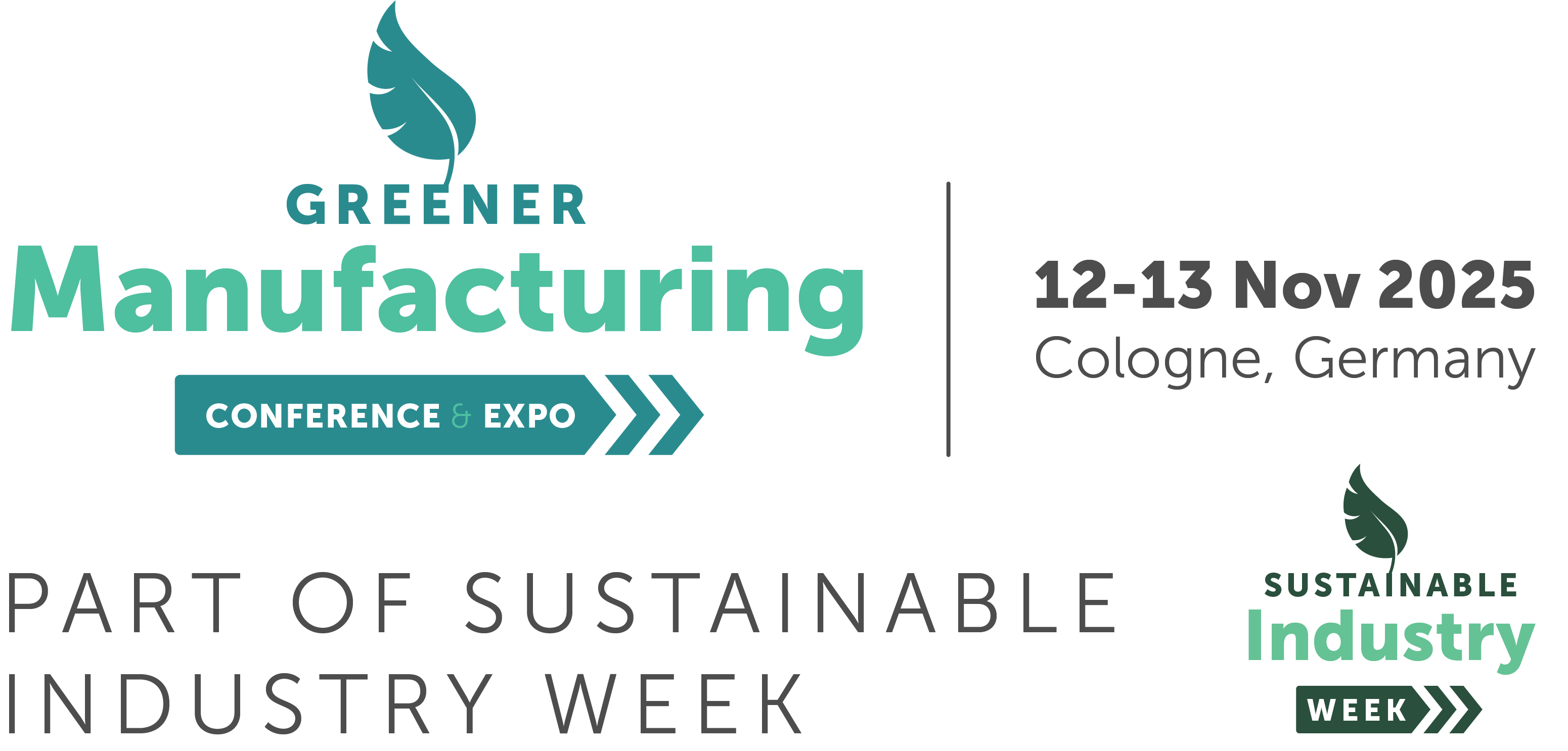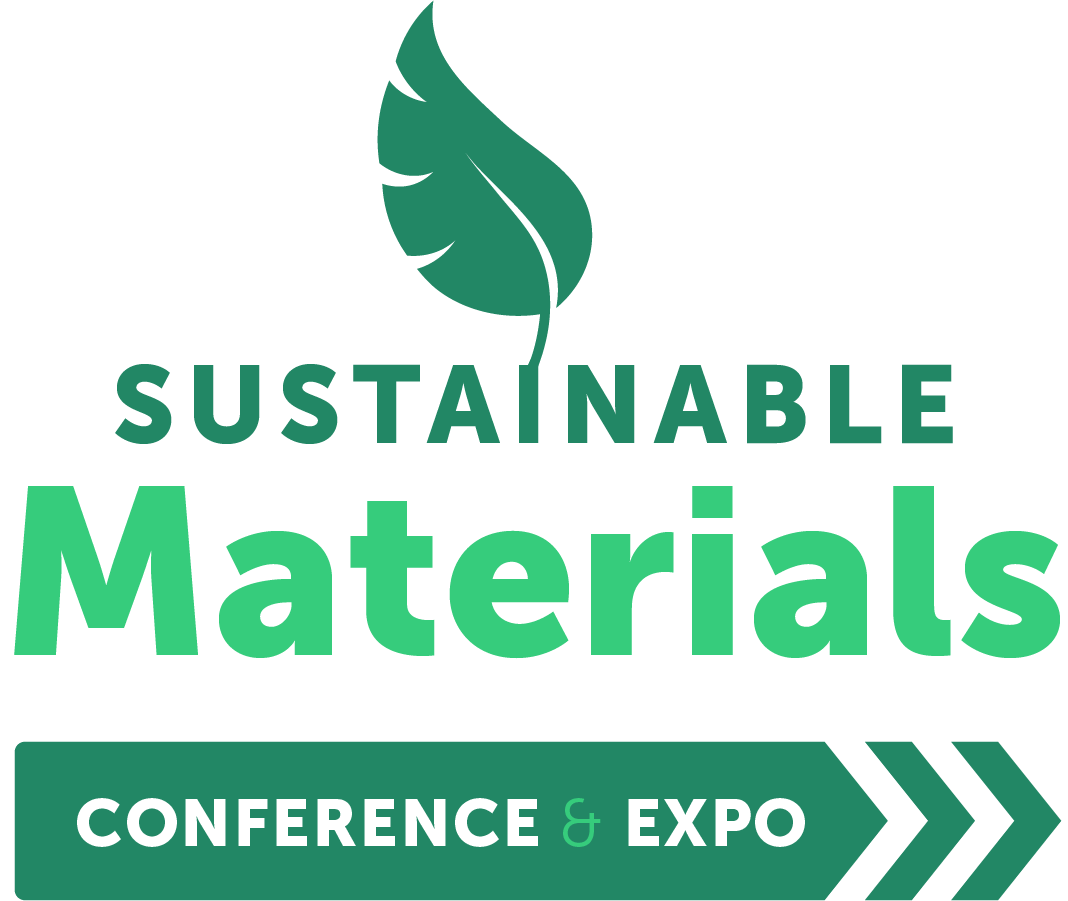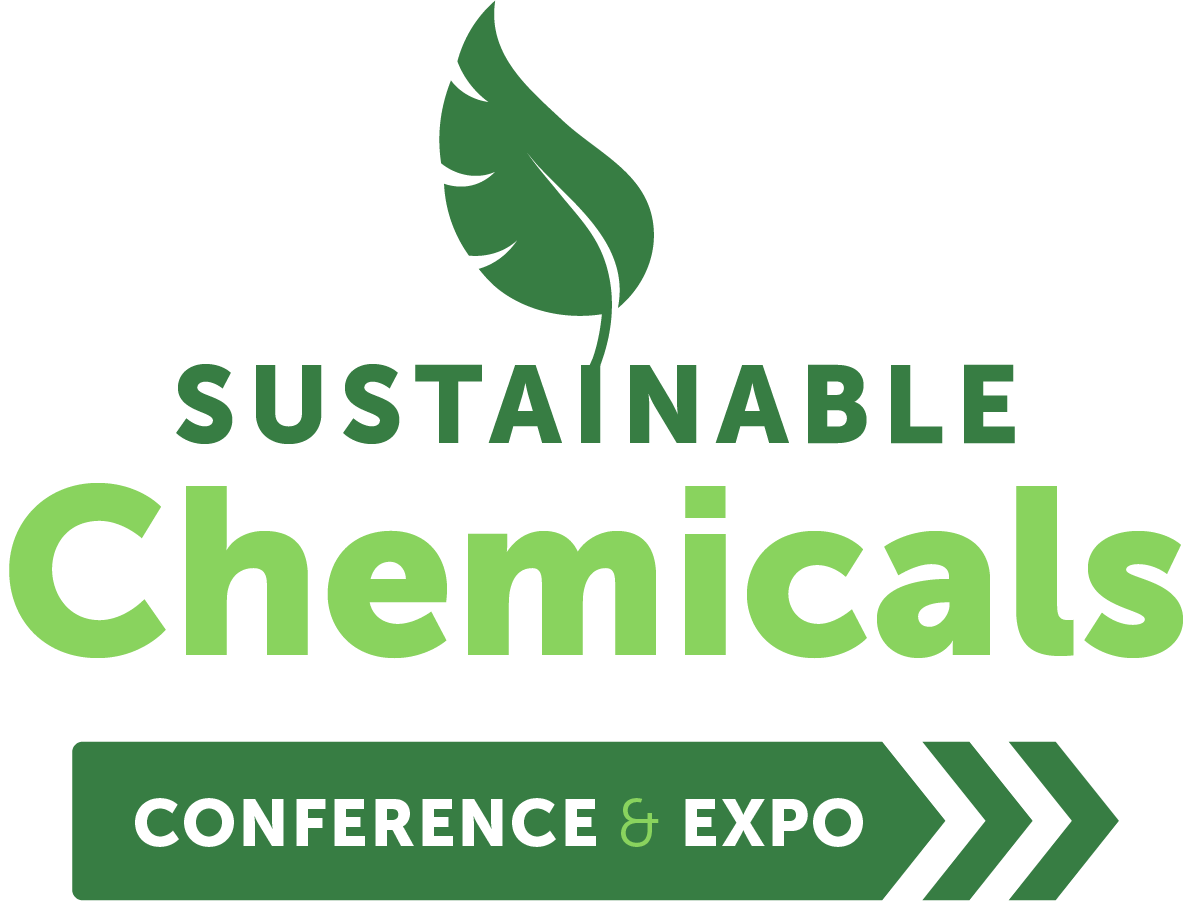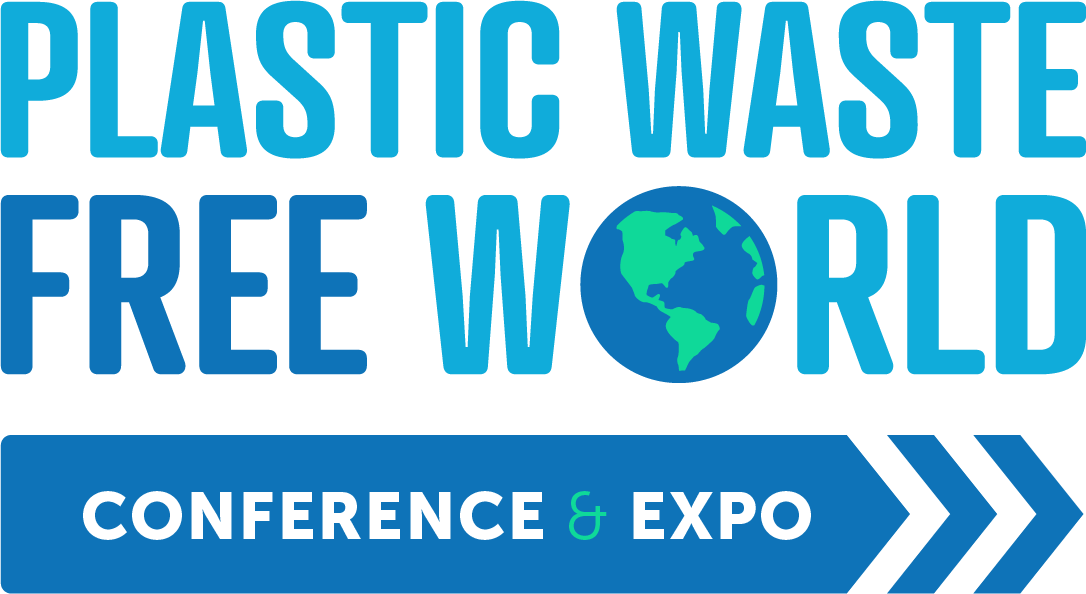Mitsubishi Corporation to develop biomass-based PET bottles
)
Mitsubishi Corporation, Suntory Holdings Limited, and ENEOS Corporation have agreed to begin working towards producing a supply chain for PET bottles created with biomass. They are using a mass balance approach, which means they are aiming for a low-carbon, fossil-free process for plastic production.
This new development is said to be the first occasion where ‘sustainable’ PET bottles, which have been produced using bio-PX obtained from bio-naptha, will be sold on a commercial scale. Sourcing the material to make these bottles from biomass is something that has been part of the manufacturing process for a while, as Ethelyne Glycol (MEG) which is said to be sourced from biomass, makes up 30% of the main raw material in PET resin used to make the bottles. However, the remaining percentage of PTA acquired from PX has not yet been converted to biomass for use on a commercial scale.
Throughout this partnership project, Neste Corporation will supply the bio-based feedstock, which will be used to replace fossil naphtha. ENEOS will then take the bio-based feedstock and manufacture it into bio-paraxylene (PX) from bio-naphtha at the Mizushima Refinery using the mass balance method.
The next step is to use the Bio-PX as a raw material during the production of both bio-high purity terephthalic acid (PTA), plus resin for bio-PET bottles. With these products Suntory will be able to produce PET bottles for its own products.
This supply chain will be managed by Mitsubishi Corporation, with the expectation and aim for this project being to reduce the CO2 emissions created as a result of the normal petroleum fuelled production processes.
The other expectation for this project is that by the end of 2023, the equivalent of approximately 35 million PET bottles will be produced in bio-PX. Suntory will then use this bio-PX to create PET bottles next year.
Mitsubishi has two overall aims with this project, the first is to move towards decarbonising the industry and decrease reliance on fossil fuels. This aim is where the idea for the use of biomass in the production process of PET bottles came from. Their other aim is to meet the “Contributing to Decarbonized Societies” “Conserving and Effectively Utilizing Natural Capital” “Promoting Stable, Sustainable Societies and Lifestyles” and “Utilizing Innovation to Address Societal Needs” issues relating to its “Realizing a Carbon Neutral Society and Striving to Enrich Society Both Materially and Spiritually” clause, which is part of the company’s Three Corporate Principles.
Mitsubishi Corporation, Suntory Holdings Limited, and ENEOS Corporation have agreed to begin working towards producing a supply chain for PET bottles created with biomass. They are using a mass balance approach, which means they are aiming for a low-carbon, fossil-free process for plastic production.





